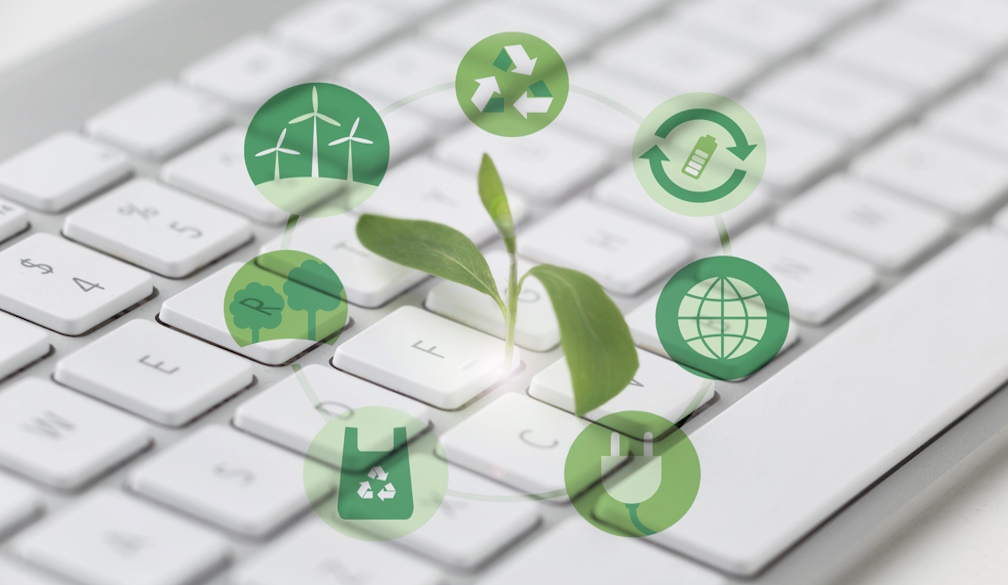Why Corporate Sustainability Is Now a Strategic Imperative

In recent years, corporate sustainability has gone from being a side concern to a key part of how companies make important decisions. With growing challenges like climate change, limited natural resources, and rising pressure from customers and investors, businesses can no longer ignore the need to be more responsible.
Companies that take steps to include corporate sustainability in long-term planning are more likely to stay competitive. By focusing on efficient use of resources and reducing their environmental impact, businesses can avoid risks, cut costs, and strengthen their brand reputation.
In a world where people value transparency and responsibility, businesses that prioritise sustainability are better prepared for the future.
The Economic and Regulatory Drivers
Corporations now face increasing regulatory pressure to disclose environmental, social, and governance (ESG) metrics. From carbon taxes to energy efficiency mandates, policies are being implemented worldwide to enforce accountability. Simultaneously, investors are using ESG criteria to guide funding decisions, linking capital access to sustainability performance.
This evolution is not just about compliance, it's also about value creation. Firms that deploy energy-efficient electrical equipment or reduce their reliance on fossil fuels benefit from cost savings and reputational gains.
Stakeholder Expectations are Changing
Employees, customers, and communities are increasingly holding companies to higher standards. Modern consumers prefer brands that reflect their values. In a global survey, consumers stated they would switch to a brand that supports environmental or social causes. Likewise, employees are more inclined to stay with employers that demonstrate ethical and sustainable behaviour.
By embracing corporate sustainability, businesses can retain top talent, attract conscious consumers, and build trust with local communities. This shift also influences how companies source raw materials, design products, and deploy operational strategies.
Integrating Sustainability into Core Strategy
Corporate sustainability is no longer limited to CSR initiatives or one-off eco-friendly campaigns. It must be embedded into the organisational fabric. Businesses are now developing sustainability-focused KPIs, aligning them with financial goals, and restructuring supply chains for lower emissions.
Energy monitoring tools, digital twins, and data analytics platforms allow firms to track progress in real-time. Electrical instruments such as smart meters and load controllers help monitor energy consumption, optimise usage, and reduce wastage. In doing so, companies can deploy solutions that are both ecologically and economically sound.
Technology's Role in Advancing Corporate Sustainability
Advanced technologies are central to achieving corporate sustainability objectives. Smart sensors and automation systems are enabling better resource management. The integration of machine learning in facility management systems helps predict energy demands, allowing proactive adjustments.
By incorporating modern electrical equipment and data-driven tools, companies gain actionable insights that improve environmental performance. This also makes it easier to comply with evolving regulations and meet internal efficiency benchmarks.
Collaborating with a Reputed Electrical Brand
To successfully implement sustainability initiatives, businesses must collaborate with reliable partners. Reputed electrical brands offer certified equipment, expert support, and tailored solutions to help organisations transition smoothly into greener operations. Their focus on innovation ensures compatibility with future technologies, reducing the need for frequent upgrades.
Their technical know-how can significantly reduce the complexity of deploying sustainable infrastructure, making them invaluable partners in long-term strategy.
Building Sustainable Value for the Future
Corporate sustainability is no longer a choice; it has become a strategic requirement. As global challenges grow and stakeholder expectations increase, organisations must embed sustainable practices across all levels of operation. This includes adopting energy-efficient equipment, sourcing materials responsibly, and managing resources more effectively.
Businesses that take timely action can contribute to environmental protection while also unlocking new opportunities for growth. Integrating sustainability into long-term strategy promotes innovation, improves operational efficiency and strengthens trust among customers, investors and partners.















